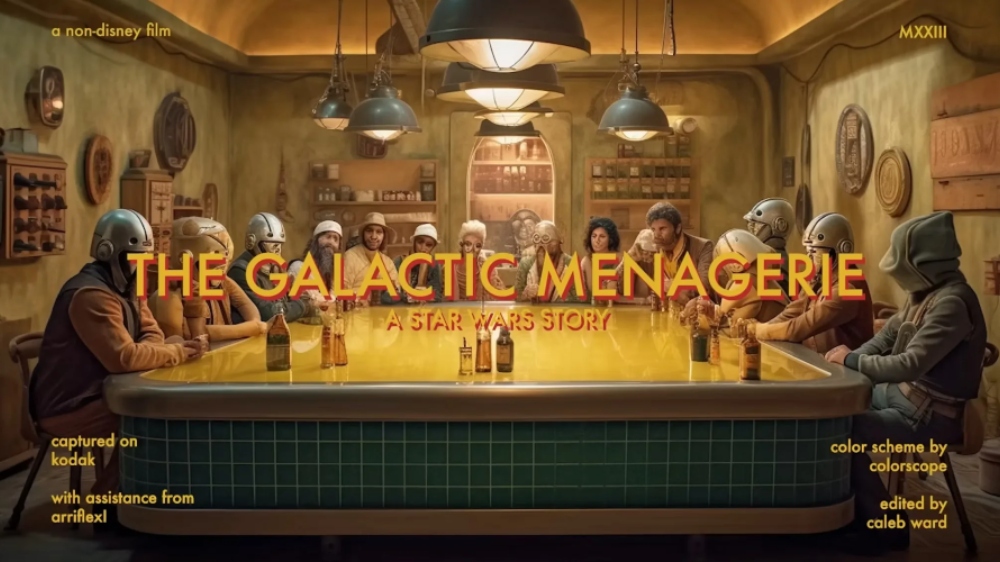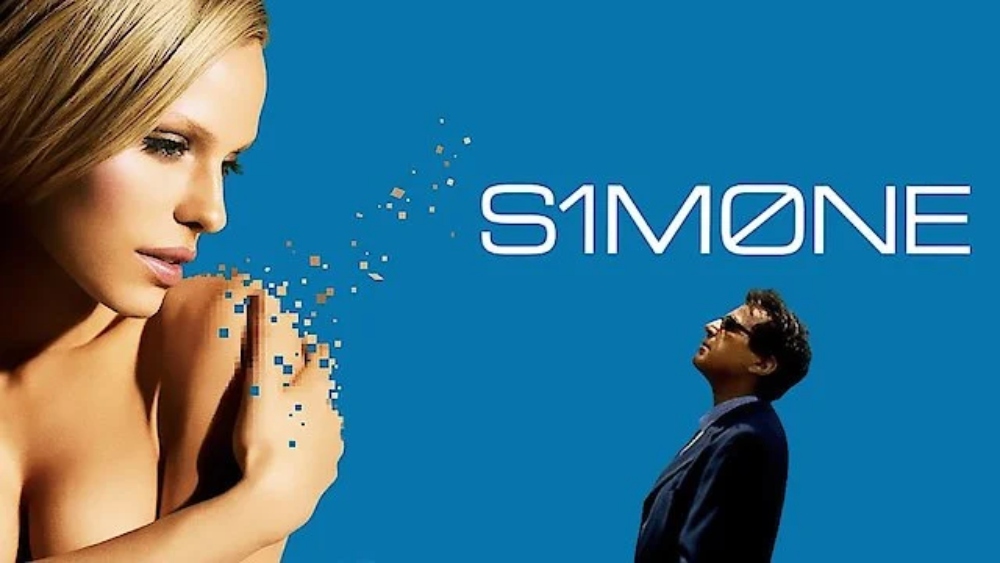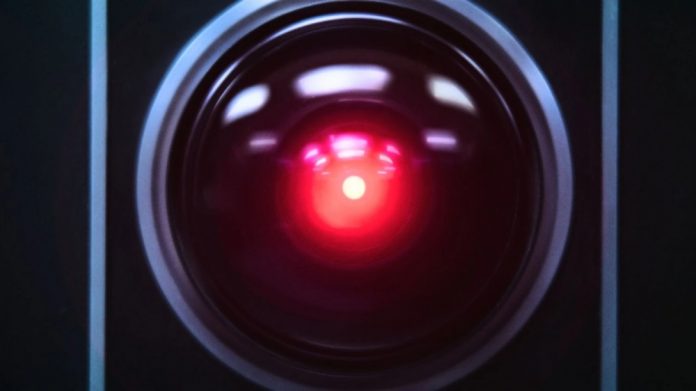I think we all knew this was coming. While SAG-AFTRA has mostly stayed in step with the WGA and its ongoing strike, which doesn’t look to have any realistic endpoint, and indeed just this week approved a strike resolution, the DGA was always a bit shiftier about its intentions.
According to my friends throughout the various unions, the thinking was that as long as the three major guilds stuck together and all went out on strike, then this thing would have some kind of reasonable conclusion and we’d all be back to work sooner rather than later. If, however, one of the three made a deal, that would essentially undermine the others and give the AMPTP ample ammunition to let the writers, and potentially the actors, stay out on the picket lines for the foreseeable future.
Well, guess what happened over the weekend?
That’s right, the DGA came to terms with the AMPTP on a deal that they feel properly addresses their concerns, including the major sticking point, artificial intelligence.
On the off-chance you don’t read every single column I write, I’ll offer a very quick reminder that, while financial issues are the centerpiece of the WGA‘s ongoing negotiations with the studios and without properly remunerating the people who create the content that studios air on their platforms then those same people are not going to create more content, AI is the existential issue here. It’s critical to any deal the writers or actors make to ensure that AI is not used to replace them. Anyone who tries to tell you differently is either kidding themselves or selling you something.
The directors appear to have come to this conclusion as well since one of the things mentioned in the tentative agreement is that it confirms “that Al is not a person and that generative Al cannot replace the duties performed by members.”
Well, problem solved then, yeah?
Not exactly.
The thing is, it’s all fine and dandy to say that AI can’t replace directors, but what if they actually can, in spite of this language? See, it’s one thing to say an AI can’t come onto a film set and take over the duties of a real live human director. That makes sense and is, in fact, one of the things that both the writers and actors are insisting on in their own negotiations.

But of course, it’s more complicated than that because, obviously, it has to be. If an AI construct is made entirely without any humans, then there would, conceivably, be no need for a director, which would then — say it with me — replace the director despite the language in the deal prohibiting just that very thing.
This gets more complicated when you factor in AI learning about what directors do and how they operate, based on their previous work. Taking one specific example, I mentioned the Wes Anderson–Star Wars parody a few weeks back, and while it doesn’t properly capture either Anderson or our favorite galaxy far, far away, if you gave the AI enough time to study Anderson’s oeuvre, maybe it could come a bit closer. Close enough, in any case, so as to fool the less discerning viewer.
Anderson’s style is so specific that he’d be one of the tougher studies. Older masters like Martin Scorsese and Steven Spielberg, to name just two, don’t have a set visual style like Anderson does, their touches are more thematic. Take it further, to less established or more journeyman directors, and mimicking their work becomes even easier.
Technically, the studios would be adhering to the letter of the law, but in reality, this provides a greenlight to create more material without any human input whatsoever. Of course, they wouldn’t be able to put Anderson’s or Scorsese’s or Spielberg’s name on whatever came out of this, but they could advertise it as “in the style of,” or “inspired by” the work of one director or another. Out of sheer curiosity, you would get a fair number of that director’s fans checking it out, and once that happens, the game is over.
There’s another factor we can throw into this, as well. When the word came down, at least one person shared on social media a video of an AI company seamlessly changing the skin color, hair, ethnicity, and facial structure of a real actress. The company is trumpeting this technology as a major breakthrough, but I see it for what it is: not only an attempt to make the human actor obsolete but also to make redundant a director’s choice after the fact.

What do I mean by that? Well, let’s say you’re directing a movie, and you cast an actress, and you shoot the film, and then, after you’re done, someone else decides that the actress should look a different way, and so without consulting you, they change her from white to Black, or vice versa, and then the thing you made has been completely changed without your input or approval.
Yes, I know films get changed without director approval all the time, but literally recasting someone after the fact and, because of that, getting a different performance? That doesn’t cross a line? That doesn’t frighten you? Because anything that points to obsolescence — and this very much does — absolutely should.
All this means is that the notion of a director’s vision gets thrown out the window. “Not replacing” a human and not using one at all are completely different things. The decisions that are integral to what a director does are taken out of their hands after the fact, and because of the nature of the deal to which the DGA just agreed, a director will have no recourse to challenge any changes.
There’s another aspect to this that takes all the previous points into account in a single issue. Let’s take Scorsese and Spielberg as examples again, because they’re both getting up there in years. None of us lives forever, and at some point, both of these geniuses will be gone, each of them having left behind a large trove of work that exists as their legacy.
But what if AI is used to recreate that work after they’re gone? What if the deal the DGA just made doesn’t preclude that very thing? I cannot imagine either Spielberg’s or Scorsese’s estates allowing their names to be licensed for such a thing, but what if money got tight a few years down the line and some child or grandchild ended up the manager of the estate? Why would there not be an opportunity to allow audiences in, say, 2050 the chance to see a brand new film by “Steven Spielberg,” years after his death? (And if you’re afraid I’m killing off either man prematurely, Spielberg would be 103 years old in 2050, and Scorsese would be 108.)
I will wait until they release the final language of this deal to offer full judgment, but the initial wording doesn’t inspire me with confidence. I’ve said it before and I’ll say it again: the movies tell us over and over again that when humans mess with AI, we always lose.
Now, it appears that the very directors who give us those same stories are not even learning their own lessons.
 Neil Turitz is a journalist, essayist, author, and filmmaker who has worked in and written about Hollywood for more than 25 years, though he has never lived there. These days, he splits his time between New York City and the Berkshires. He’s not on Twitter, but you can find him on Instagram @6wordreviews.
Neil Turitz is a journalist, essayist, author, and filmmaker who has worked in and written about Hollywood for more than 25 years, though he has never lived there. These days, he splits his time between New York City and the Berkshires. He’s not on Twitter, but you can find him on Instagram @6wordreviews.
You can read a new installation of The Accidental Turitz every Wednesday, and all previous columns can be found here.



